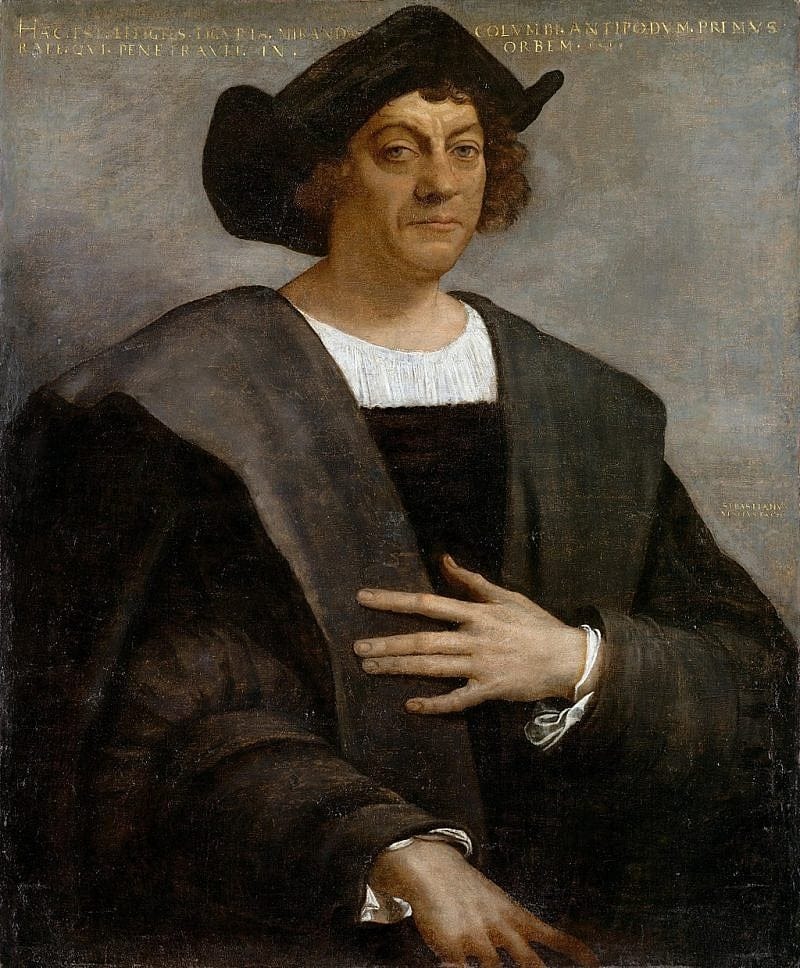Columbus Day Survives Attack in Framingham – But He’ll Have To Share Space on School Calendar

School officials in Framingham rejected a bid to replace Columbus Day on the school calendar with "Indigenous Peoples Day," but added indigenous peoples to the commemoration.
The Framingham School Committee voted 5-4 Wednesday night to approve the change, with the majority seizing on a compromise offered by the superintendent of schools.
